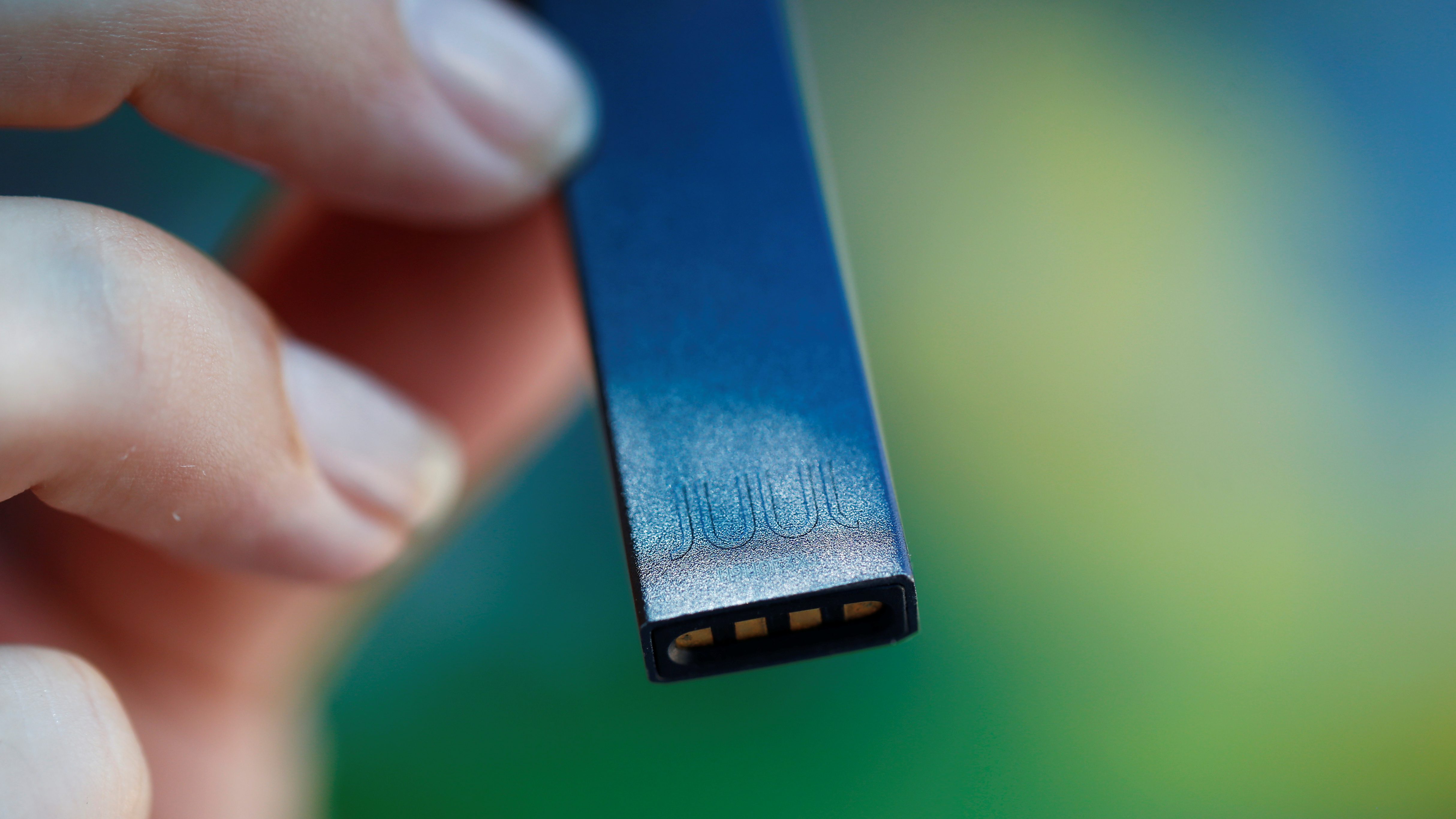Which electronic cigarette manufacturer was heavily fined for addiction?
Electronic cigarette company Juul, which has a large number of users in the USA, was fined close to 440 million dollars for encouraging young people to smoke.

In the US, electronic cigarette manufacturer Juul has agreed to pay approximately $440 million in compensation as part of the two-year investigation in 33 states on the grounds that it makes young people addicted to nicotine.
Connecticut Attorney General William Tong said in a statement on behalf of 33 states that he agreed "in principle" to pay $438.5 million in damages over a period of 6 to 10 years, as per the agreement reached with Juul.
It was stated that the agreement also includes many restrictions on marketing Juul's products and will be officially finalized after being approved in the relevant states in the coming weeks.
It is noted that the amount of compensation in question corresponds to approximately 25 percent of Juul's $1.9 billion sales in the USA last year.
Compensation lawsuits filed by 9 other states and hundreds of consumers against the Juul electronic cigarette manufacturer on the grounds that it causes nicotine addiction, especially targeting young people under the age of 21, are still continuing.
After the release of Juul in 2015, electronic cigarette use among young people increased rapidly, and the US Food and Drug Administration (FDA) declared an "epidemic" for the risk of nicotine addiction among young people.
The FDA first announced that the production and sales of all electronic cigarettes with fruit, candy, mint and sweet flavors were banned in January 2020, and on June 23 this year, it requested that all Juul products be removed from the shelves on the grounds that it causes nicotine addiction among young people.
According to US government data, it is stated that one out of every four high school students in the country uses electronic cigarettes despite the ban.
What is Juul?
Juul was made in 2017 by Pax Labs, a San Francisco-based vaporizer manufacturer. Launched in 2007 by James Monsees and Adam Bowen, graduates of the design program at Stanford University, Pax was previously called Ploom. According to Crunchbase, it has raised $106.1 million in four funding rounds from Fidelity Investment. Inch. According to the magazine, Pax's sales growth was 200 percent in the two years before 2015, and 500,000 vaporizers were sold.
Juul was introduced as a product in 2015 and uses a special nicotine blend developed by the Juul team. According to Bowen, Juul stands out compared to similar products on the market as it contains 10 times more nicotine than other e-cigarettes. Bowen says the idea behind the mix is to eliminate the need for smokers to switch back to smoking after an unsatisfying experience with vaping.
Juul becomes a separate company
When sales of Juul began, Pax Labs split the division and launched a separate company. Pax CEO Tyler Goldman ran the new company but left in 2017. Kevin Burns, former chairman of yogurt maker Chobani, has become the new CEO. Monsees is the company's chief product officer, and Bowen is the company's chief technology officer. Although vaping devices are designed for tobacco products, it is possible to say that the devices developed by Pax have also become popular with cannabis users. However, at this point, it is worth noting that cannabis is used medicinally in the USA.
An investigation by CNN on December 17, 2018 revealed that Juul pays social media outlets to review their products on Instagram and YouTube. Later, the program was suspended and ended on October 31, 2018.
On November 28, 2018, the Wall Street Journal reported that Altria Group, owner of Marlboro cigarettes, was in talks to acquire a 35 percent stake in Juul. With this acquisition, Altria Group acquired 35 percent of the company's shares with an investment of $12.8 billion.
Juul announced on November 13, 2018 that it will stop selling its products in more than 90,000 retail stores. Juul users now need to show documents to prove their age.
